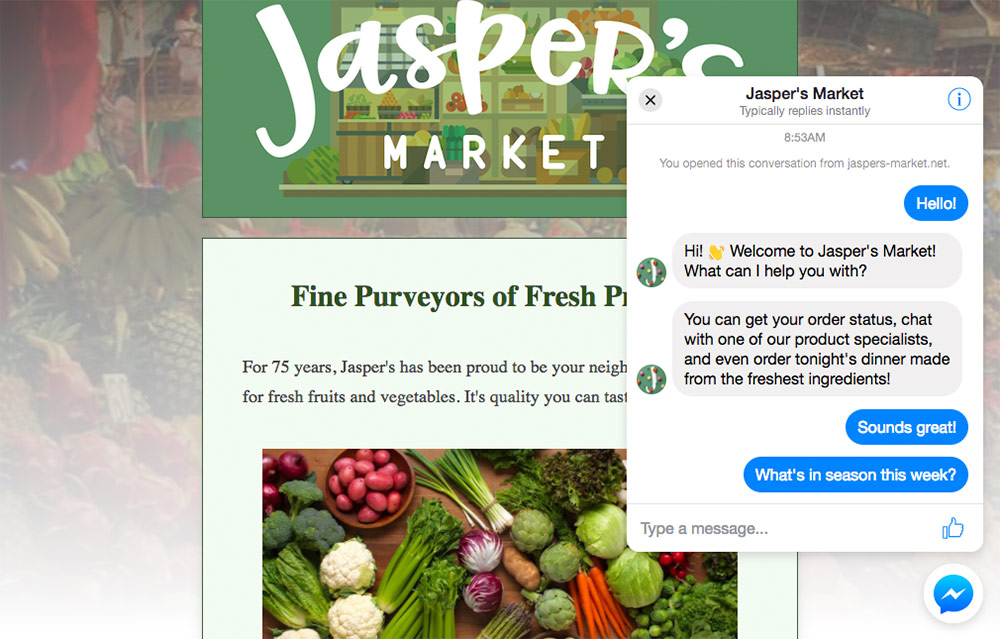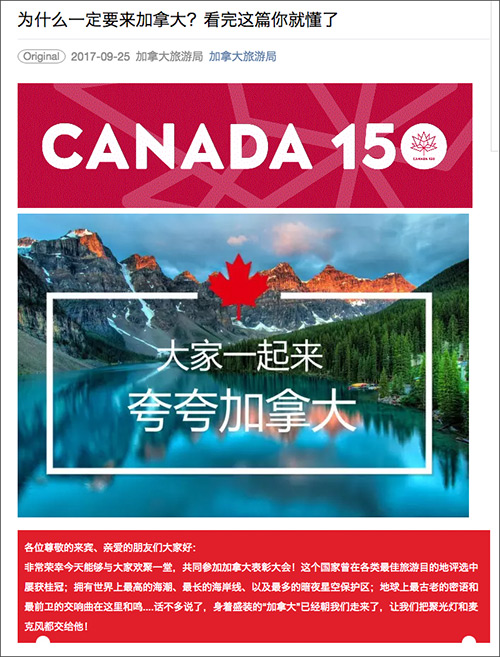
By Nancy Huang
Messaging platforms are fast becoming the new way for businesses to interact with customers. When communicating with brands, 54% of US social media users say they prefer messaging platforms to email, phone, and online chat.
Much of this comes down to ubiquity. Millions of people use chat apps on a daily basis to talk with friends and family. By extension, this familiarity makes them a preferred way to communicate with their favorite brands and businesses. Including hotels.
From making booking queries, to ordering room service, to firing off a question about the local dining scene, chat apps offer a streamlined way for guests to communicate with a hotel before, during, and after their stay. But as the global market expands, how do you know which platform is the best one for your hotel?
In the following post, we’ll look at the most important chat apps to consider in order to super-serve your guests with enhanced levels of service and interaction.
WhatsApp continues to hit new milestones, recently reaching 1.5 billion users and announcing that its users now send a dizzying 60 billion messages a day. The growth of the platform has been nothing short of startling, rocketing from 450 million monthly active users since being acquired by Facebook back in 2014.
For hotels looking to connect with guests, the global ubiquity of WhatsApp is its biggest strength. And now, there are opportunities for marketers to capitalize further thanks to the recent launch of an app designed specifically for business profiles.
Aimed at small and medium-sized companies, the app allows marketers to create a business-specific WhatsApp profile that includes handy information, such as a business’s email address, physical address, website and company description.
The app also makes it easier to communicate with customers through a new smart messaging tool, which facilitates fast replies to commonly asked questions, sends greeting messages, and features away messages that tell customers know when a business is busy.
Businesses can also check messaging statistics that track useful information (including volume of messages). The ability to use the app through desktop computers also adds to its convenience.
Facebook Messenger
Also huge around the globe, Facebook Messenger is used by 1.3 billion people. Along with continued audience growth, we’ve recently seen a series of Messenger updates, such as Sponsored Messages and experiments with News Feed-style ads.
With 65 million active businesses, Facebook is also adapting Messenger to offer more business-friendly enhancements, including a new customer chat feature that makes it easier to interact with customers.
Of particular note is a customer chat plugin (currently in beta) that lets businesses integrate Messenger into their own websites. By carrying over chat history, this feature means you can start a chat with a customer via the Messenger plugin on your website, then continue the conversation at a later point through the Messenger app on their smartphone—all of which creates a seamless experience.
Hotels dealing in foreign markets can also benefit from an expansion of Messenger’s integrated natural language processing (NLP), with 10 new languages added to its existing repertoire. NLP can be used to “detect meaning and intent” in the text messages sent to you by your guests, which includes things such as greetings, dates, time, amount of money, location, phone numbers and email.
This tool is great for dealing with simple room and booking requests from overseas guests, giving you the ability to automate replies, or send the conversation to a member of your reservation team through live chat.
In another new development, businesses that use subscription-based messaging can now widen the conversation by messaging multiple customers at the same time, achieved through a single API request. This means your hotel could fire off a mass update through Messenger to all of your subscribers (such as announcing a new F&B promotion or spa treatment) all in one go, making promotional activity much easier to coordinate.
The company’s vice president of messaging products, David Marcus, has also said that Messenger is “too cluttered” and will be “massively” streamlined in 2018. However, Facebook hasn’t revealed any details on what this stripped-back version will look like.
In any case, it’s clear that we’ll see some big changes in the coming months. For that reason, be sure to keep up-to-date with developments to make the most of Messenger’s increasing business functionality.
Launched back in 2011, China’s biggest chat app now has 980 million monthly active users, making it one of the globe’s biggest standalone apps. Suffice to say, travel brands looking to tap into the booming (and still growing) Chinese travel market need to be on it.
Destination Canada found great success using WeChat to market Canada to Chinese travelers. In particular, content that featured images of nature received the highest engagement levels, with one post achieving over 48,000 views, making it Destination Canada’s most-viewed post of 2017.
Destination Canada’s profile on WeChat platform.
In terms of a best strategy, data analysis by Skift has found that when brands post over three times a week to their WeChat Official Accounts, they earn almost double the amount of weekly post viewerships compared with brands posting less than this amount.
While the potential is clear, it’s worth pointing out that WeChat is huge in China but lacks global coverage. Despite recent attempts, cracking the U.S. market remains a challenge. That said, widespread adoption in China makes WeChat an essential platform for your hotel if it’s looking to engage with this market.
Alternative modes of messaging
Beyond the three big platforms discussed above, the following two messaging platforms might also be worth consideration.
Traditional SMS Not to be discounted, traditional SMS can definitely provide a useful communication tool.
Some hotels simply have a number that guests can text, but the downside to this is it’s not great for international travelers.
Choosing to use SMS also depends on the average age of your target market. While Baby Boomers might be more receptive, your typical Millennial and Gen Z guest might be less inclined to communicate in this way.
Overall, the increased flexibility and official business profiles available on the main messaging platforms make them a far more user-friendly option.
Web-based chat tools One of the main benefits of live chat tools is they provide an instant, real-time form of engagement with guests via your own website. Platforms such as Olark, Zopim and Live Admins let your guests use a desktop computer, laptop, tablet or smartphone to access the chat, which makes them a flexible and convenient way to communicate.
However, chat tools are probably best suited as a conversion and retention tool, helping you to quickly resolve customer queries and concerns as they browse and book on your site. On the whole, the majority of your on-the-go guests won’t be using this method to interact with you.
Choosing the right chat app
Fast, frictionless, and built into the habits of daily life, chat apps are the go-to tool for a growing wave of hotels looking to communicate with guests on their terms.
As for picking the right chat app? The ubiquity of WhatsApp and Facebook Messenger make them both great options, while engaging on WeChat is essential for hotels looking to tap into the highly lucrative Chinese market.
To get your approach spot on, start by considering your typical guest. What chat apps are they most engaged with? If you have a diverse audience, you might need to rely on a few options to personalize your approach.
Each platform has its own strengths and weaknesses, but keeping up to speed as they each evolve is crucial to optimizing their use within your guest engagement strategy.




